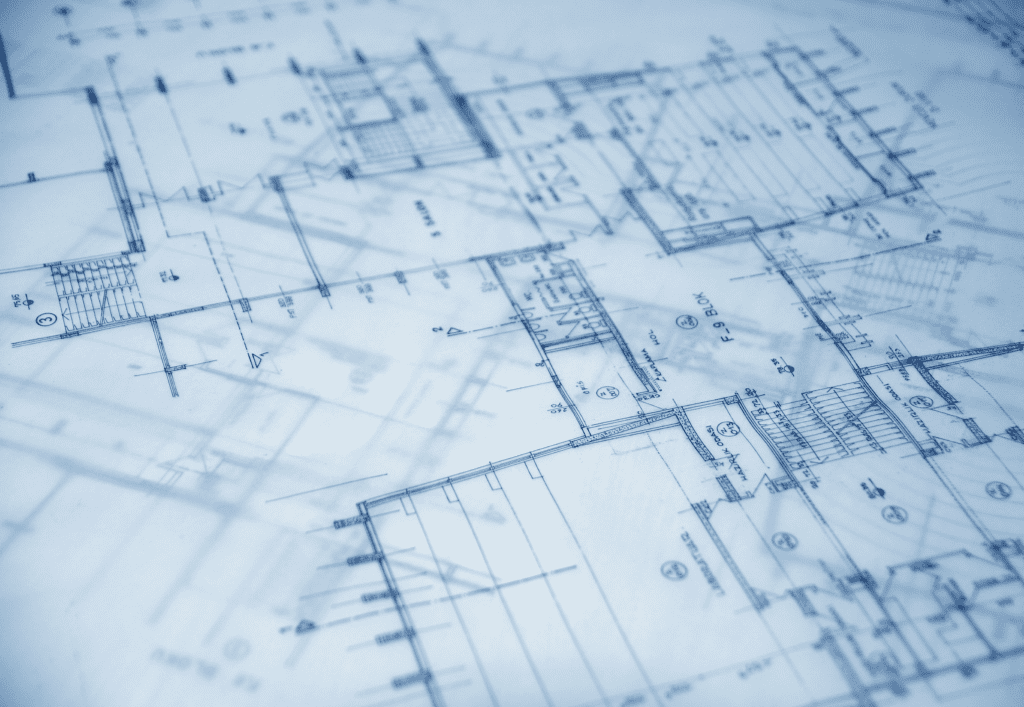Planning and designing a laboratory that’s both cost-efficient and future-ready is a complex endeavor. Laboratories must meet evolving research needs, adhere to stringent safety standards, and remain environmentally responsible. Whether you’re creating a new lab or renovating an existing one, these ten strategies will help you navigate the process effectively.

1. Thoughtful Planning
Before diving into lab planning, it’s crucial to gather insights. Understand the needs and expectations of functional group managers and team members. Additionally, know the capabilities of your external team, which includes architects, engineers, contractors, and lab planners. Base your decisions on real, current requirements to avoid costly mistakes. Overplanning for projected growth can lead to unnecessary expenses. Most well-planned labs can adapt to changes when needed.
2. Efficient “Wet Walls”
Place sinks back to back on wet walls for easy access. Keep sinks near the processes and research areas where they’re needed most. Dedicate a sink for handwashing near the lab’s entry/exit to promote hygiene. Avoid placing sinks on islands or peninsulas, as they are harder to install and reconfigure.
3. Avoid Overbuilding
Design your lab to meet current power and ventilation needs. Separate storage for bulk supplies helps optimize space. Consider shared specialty gases and data systems to reduce redundancy and save costs.
4. Cabinets and Wall Cases
Opt for 3 ft. and 4 ft. cabinets and wall cases as they offer more storage and workspace per linear foot for a reasonable cost increase compared to smaller cabinets.
5. Open Wall Shelving
Open wall shelving is cost-effective and offers more storage space. It can be deeper, taller, and hold more items, making it easily accessible above workstations.
6. Simplify and Standardize
Select the right casework system for your needs and repeat it throughout your building. Hanson Agility casework and Hanson standard steel are cost-efficient choices that offer flexibility, durability, and an appealing aesthetic. Standardize design with repeated configurations to streamline construction and maintenance.
7. MEP Efficiency
A well-thought-out layout plan drives Mechanical, Electrical, and Plumbing (MEP) requirements. Avoid specifying power that exceeds the building’s current capacity to prevent cost overruns and delays. Keep electric, gases, and data in the wall, off the countertop. Minimize plumbing under countertops after furniture installation. Use overhead services for islands and peninsulas to save on ductwork costs.
8. Choose the Right Casework
Select casework based on your specific needs. Fixed casework offers cost-effective flexibility and can be reconfigured to accommodate changing requirements. Modular, mobile, and table-system casework provides adaptability for different needs but may require additional investment.
9. Fume Hood Efficiency
Fume hoods are essential but costly lab components. Opt for deeper fume hoods for more working space without additional air requirements. Consider the cost per unit for 4′ and 5′ hoods, which is usually similar, and choose larger hoods when possible. Plan for future hoods in your building’s design to accommodate expansion efficiently.
10. Sustainability and Eco-Friendly Choices
Consider sustainable and eco-friendly options for materials and equipment. Choose in-house manufacturing for lab furniture to enable recycling and the use of sustainable materials. Sustainable countertops, such as LEED-certified epoxy resin or repurposed stainless steel, are practical choices for labs.
By implementing these strategies, you can create a cost-efficient laboratory that meets your current needs while remaining adaptable for the future. Cost savings, efficient layouts, and sustainability are key elements in designing a laboratory that stands the test of time.
Let Dyna-Tech Sales Corporation Be Your Lab Design Partner:
From comprehensive design and quotes to casework, cabinets, fume hoods, and more, our experienced team provides tailored solutions. With competitive pricing and a proven track record working with major universities and government agencies, our accredited sales engineers await your call and are ready to listen and answer your questions.
Give us a call at 908-541-1010 or click on the (contact us) link at the bottom of the page.
